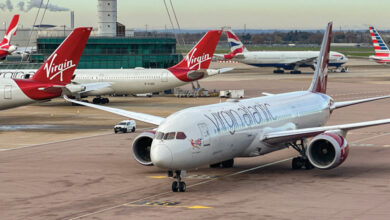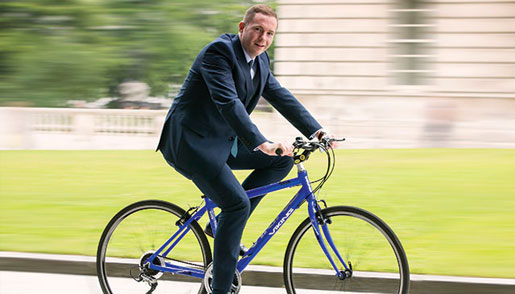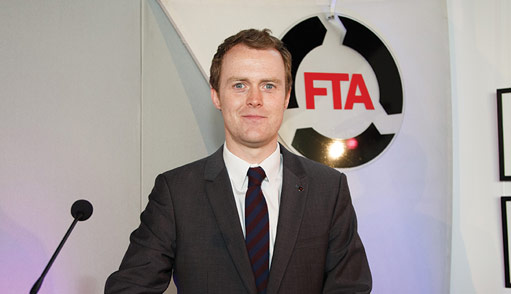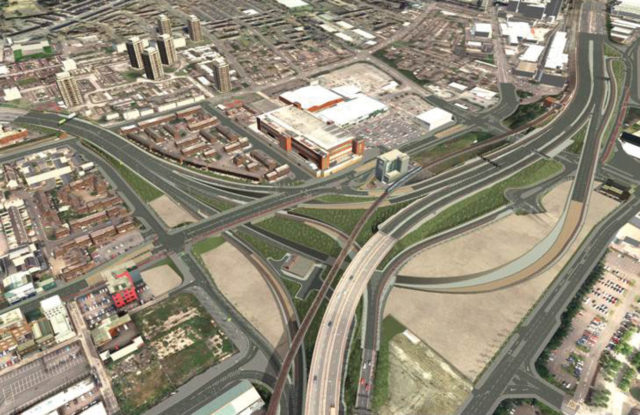All change in licensing
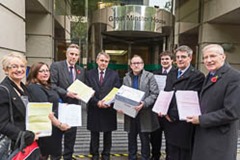 agendaNi reviews the changes that led to the centralisation of driver and vehicle licensing.
agendaNi reviews the changes that led to the centralisation of driver and vehicle licensing.
The Driver and Vehicle Licensing Agency (DVLA) has traditionally covered Great Britain while outsourcing its functions to the Driver and Vehicle Agency (DVA) in Northern Ireland. Under the new arrangements, the service is provided centrally from Swansea for all of the UK but policy on driver licensing will remain a devolved matter.
Proposals to merge the service had been discussed as early as 2006 when motorists in Britain started to use the online and over-the-phone services to tax their vehicles.
Announcing the decision in March, Parliamentary Under-Secretary of State for Transport Stephen Hammond explained that Northern Ireland motorists would have parity in services with those in Britain i.e. including face-to-face vehicle registration and licensing services at 175 post offices. He expected savings of £12 million per year.
Customers are still able to contact the Coleraine office for advice up to the end of 2014. The other regional offices in Armagh, Ballymena, Belfast, Derry, Downpatrick, Enniskillen and Omagh closed over the summer.
The decision will result in the loss of 300 jobs are likely to be lost, including 235 in Coleraine. This will be partly offset by 50 new jobs created by the Department of the Environment in the town and the allocation of 100 posts by the Department for Social Development – although the latter group of jobs is due to expire in December.
A total of 354 responses were received during the consultation. Of these, 73 per cent opposed the change, 13 per cent agreed and 3 per cent would agree if certain conditions could be met. The remaining 11 per cent outlined pros and cons but stated no preference.
The most common objection – cited by 51 per cent of respondents – was the impact on employment with one response claiming that Coleraine would become a “ghost town.” The next was the loss of local service (31 per cent) as many people prefer a face-to-face transaction.
Comments from private individuals, employees and political representatives were overwhelmingly opposed to centralisation. A number of interest groups, though, were quite strongly in favour as they wanted Northern Ireland to have the same online services as Great Britain. This cohort included car clubs and disability and carers’ action groups.
Six police officers responded to the consultation with three agreeing with the proposed changes and the rest either being non-committal or being conditional in their support. One police source mentioned that the change would result in more information on Northern Ireland registered vehicles being inputted into the Police National Computer. Another concurred and said that local vehicles are often “not pursued” in Great Britain as there is no trace for them on the computer and the drivers “thus avoid prosecution for what are sometimes serious offences.” However, two other officers suggested that the DVA staff were more helpful to investigators than those in Swansea.
Environment Minister Mark H Durkan described the move as “devastating news” and claimed that the “very high standard of service from the DVA … will be significantly affected”. The Minister has raised the subsequent computer problems with the DVLA.
Most political parties supported the retention of the service at Coleraine.
The Northern Ireland Conservatives recognised that this was a worrying time for employees but added that politicians at Stormont were “well aware that the size of Northern Ireland’s public sector is unsustainable” and this was a reminder of the need to focus on creating more private sector jobs.
The online system become operational in July but motorists have found the DVLA website requesting a 16-digit reference number which is not assigned in Northern Ireland. Instead, local applicants must look up an 11-digit reference number from the vehicle registration certificate.
Meanwhile, from 1 October, motorists across the UK are no longer required to display the paper tax disc on their vehicle. However, customers with a Northern Ireland address will still need to display their MoT disc. Drivers based in the Republic of Ireland are still required to display their motor tax and national car test discs.

